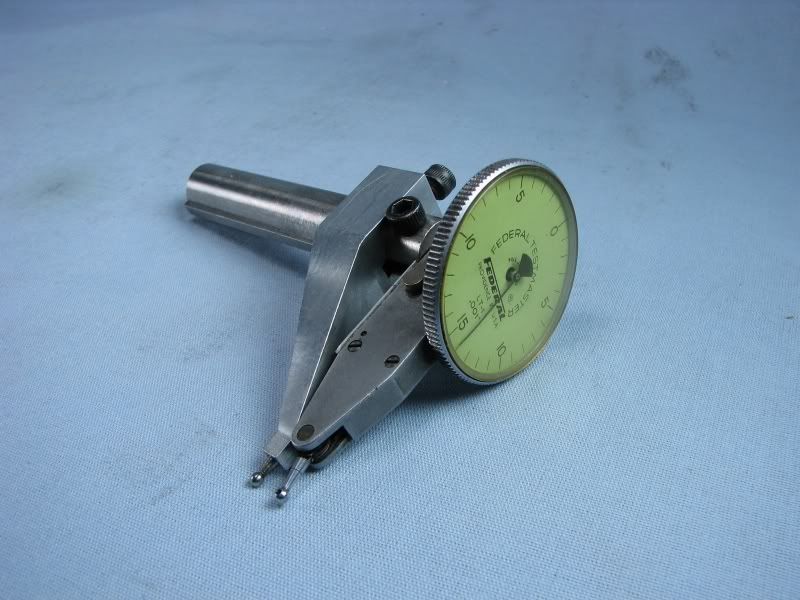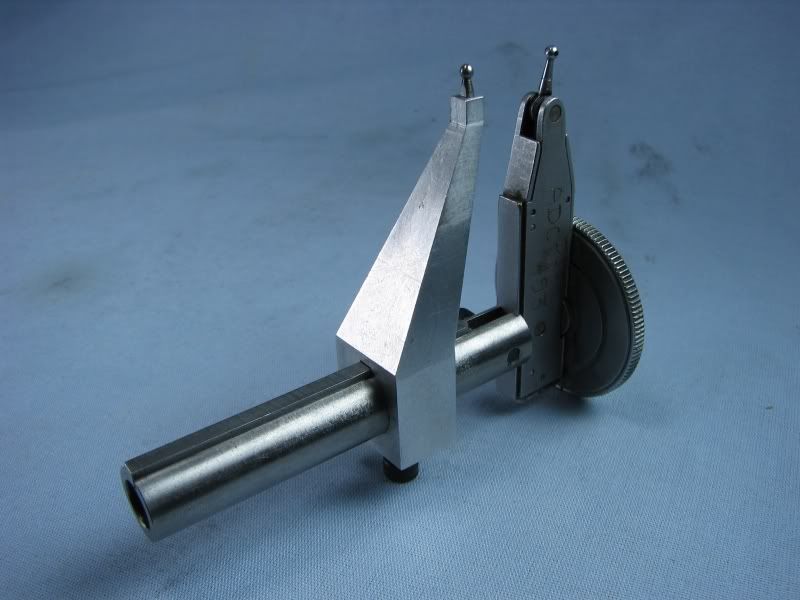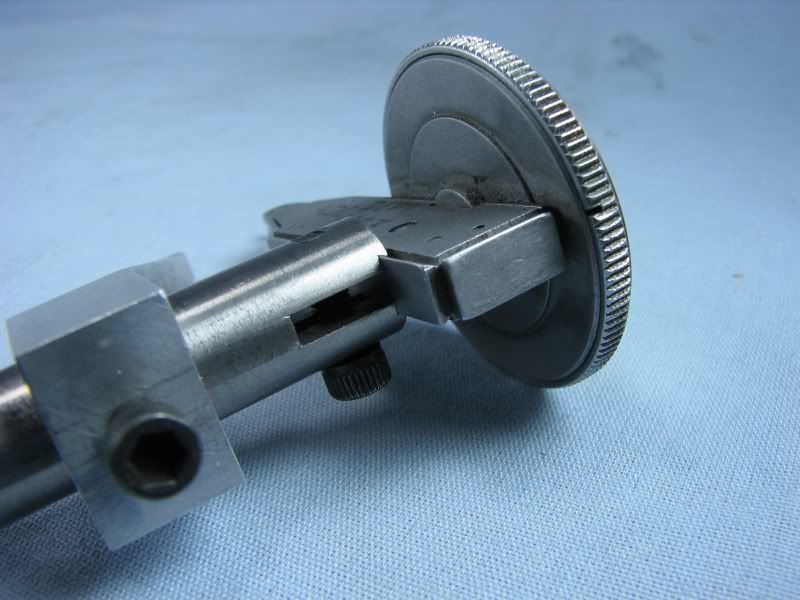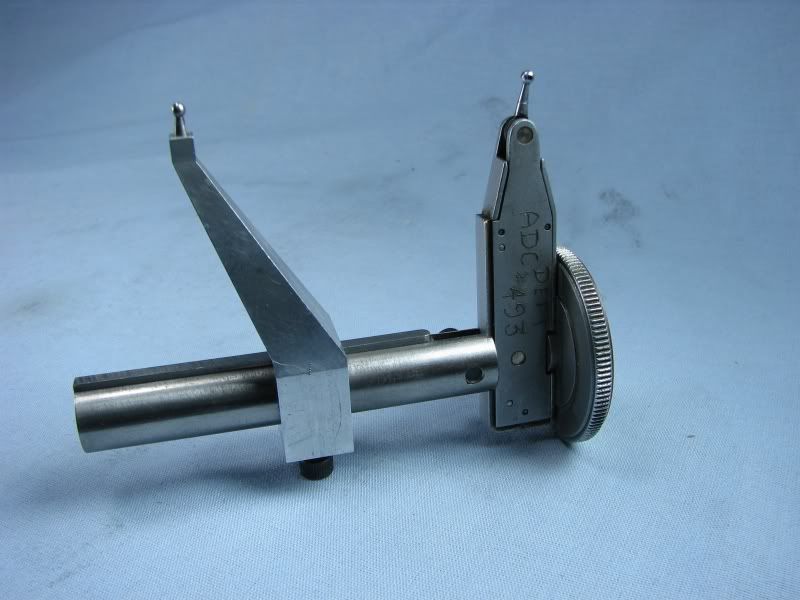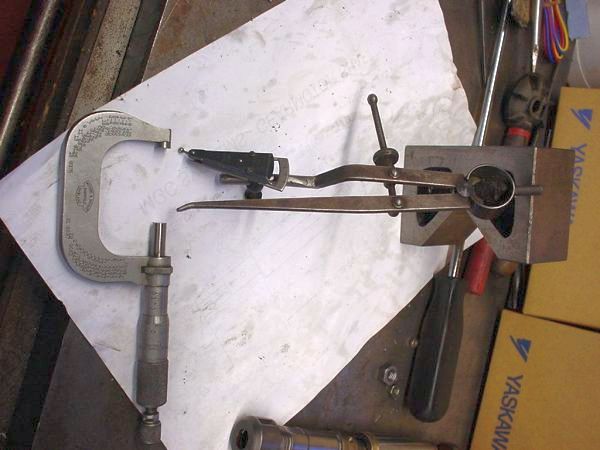What do you guys use to measure the internal diameter of a hole when boring.
Is it simply a question of of using the 'back' jaws on a digital caliper or would a set of gauges such as these be a better idea
http://tinyurl.com/o9wztx
I know they're only cheap but I'm just getting 'tooled up' so every penny counts at the moment
Cheers
Jim
Is it simply a question of of using the 'back' jaws on a digital caliper or would a set of gauges such as these be a better idea
http://tinyurl.com/o9wztx
I know they're only cheap but I'm just getting 'tooled up' so every penny counts at the moment
Cheers
Jim





